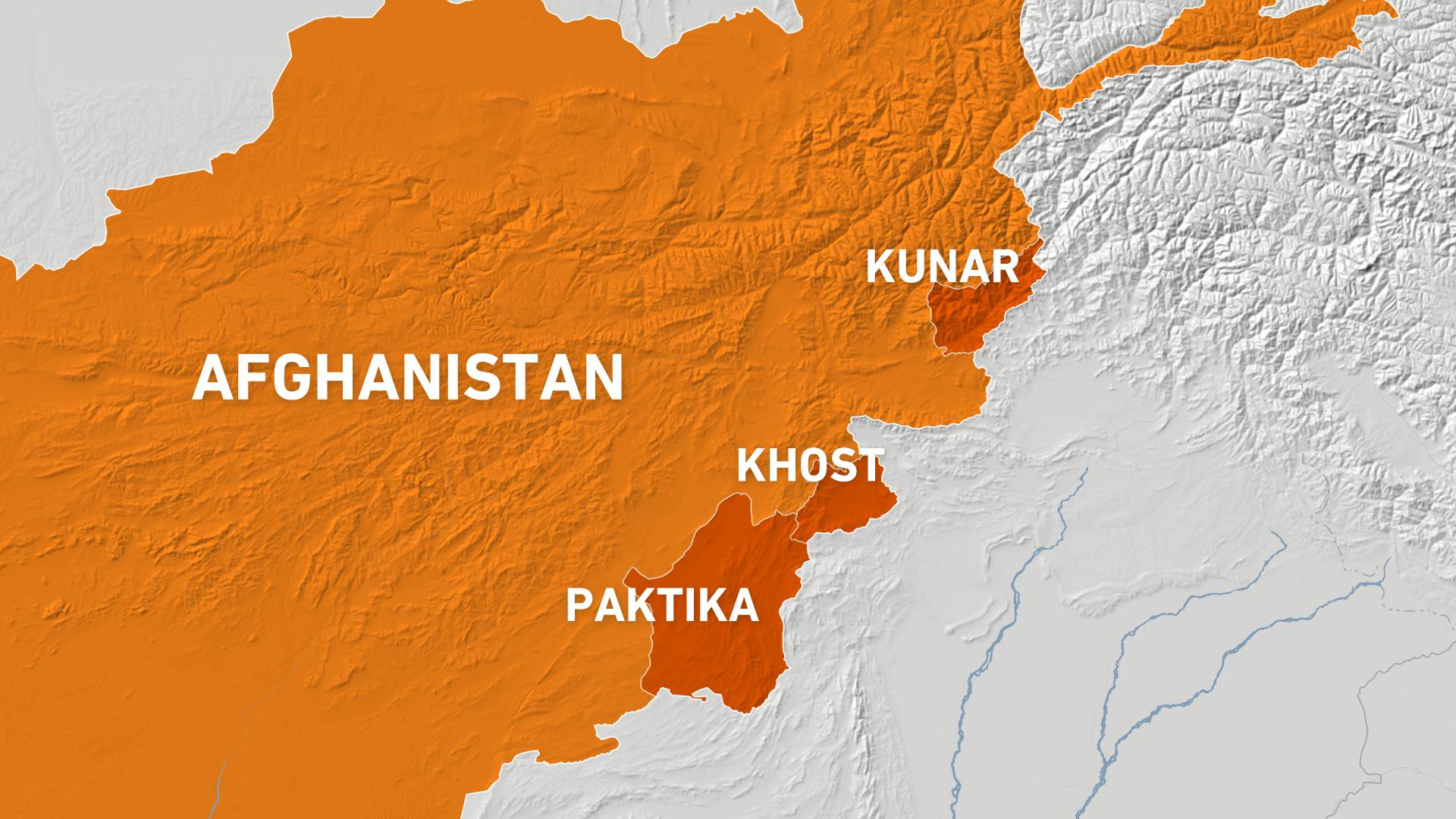Taliban: Pakistan Bombed Afghanistan, Killing 9 Children & Woman; Escalating Border Hostilities
 Afghanistan
International Conflict
Afghanistan
International Conflict

The Taliban accuses Pakistan of bombing Afghanistan's Khost province, killing 9 children and a woman. Pakistan denies the claim amidst rising cross-border tensi
Taliban Accuses Pakistan of Deadly Khost Airstrike, Killing Civilians Amidst Soaring Tensions
Tensions between Afghanistan and Pakistan have dramatically escalated following a reported Pakistani airstrike in Afghanistan's southeastern Khost province. The Taliban administration claims this attack resulted in the tragic deaths of nine children and a woman, an accusation vehemently denied by Pakistan's military.
Allegations of Civilian Casualties and Official Denials
Zabihullah Mujahid, the spokesman for the Taliban administration, stated on Tuesday that the lethal incident occurred at midnight (19:30 GMT) in the Gurbuz district. In a detailed post on X, Mujahid alleged that "Pakistani invading forces bombed the house of a local civilian resident, Waliat Khan, son of Qazi Mir," leading to the "martyrdom of nine children [five boys and four girls] and one woman," and the destruction of their home. He further reported that other airstrikes in the northeastern Kunar and eastern Paktika provinces wounded at least four civilians.
Later the same day, Pakistani military spokesperson Ahmad Sharif Chaudhry publicly refuted the Afghan government's claims. Chaudhry asserted that Pakistan does not target or kill civilians. This denial came shortly after Mujahid issued a warning, stating that Afghanistan would "respond appropriately at the right time" and reaffirming the Islamic Emirate's "legitimate right" to defend its airspace, territory, and people.
Context of Escalating Cross-Border Hostilities
This latest incident unfolds amidst a period of extreme fragility in cross-border relations. The reported bombardment in Afghanistan occurred just a day after a suicide attack targeted Pakistan’s paramilitary Federal Constabulary headquarters in Peshawar. This assault was claimed by Jamaat-ul-Ahrar, a splinter group of the Pakistan Taliban (TTP).
Pakistani state broadcaster PTV reported that the Peshawar attackers were Afghan nationals. President Asif Zardari, in response, blamed "foreign-backed Fitna al-Khawarij" – Islamabad's term for TTP fighters it accuses of operating from Afghan soil. Earlier this month, another suicide bombing in the Pakistani capital, Islamabad, killed at least 12 people, an attack also claimed by a Pakistan Taliban faction. Pakistan attributed this capital attack to a cell "guided at every step by the... high command based in Afghanistan."
Strained Relations and Failed Peace Efforts
Relations between the two nations have been severely strained since the Taliban's resurgence in Afghanistan in 2021. The situation deteriorated further after deadly border clashes in October, which claimed around 70 lives on both sides. While a ceasefire, brokered by Qatar and Turkiye, brought a temporary halt to hostilities, subsequent peace talks held in Istanbul ultimately collapsed without a lasting deal.
A significant sticking point in these negotiations remains Pakistan’s insistent demand for Kabul to curb TTP fighters, whom it accuses of orchestrating a surge in attacks from Afghan territory. Afghanistan, however, consistently denies harboring hostile groups and, in turn, accuses Pakistan of disrespecting its sovereignty. The current exchange of accusations following the alleged Khost airstrike risks unraveling the tenuous peace entirely, potentially triggering renewed and wider hostilities.